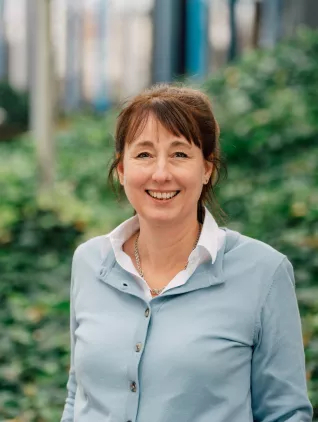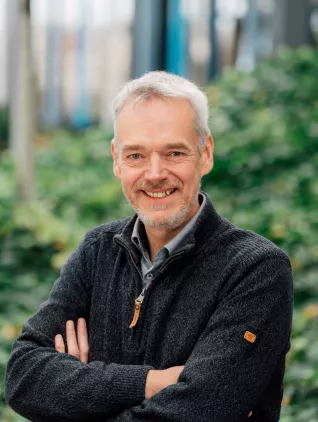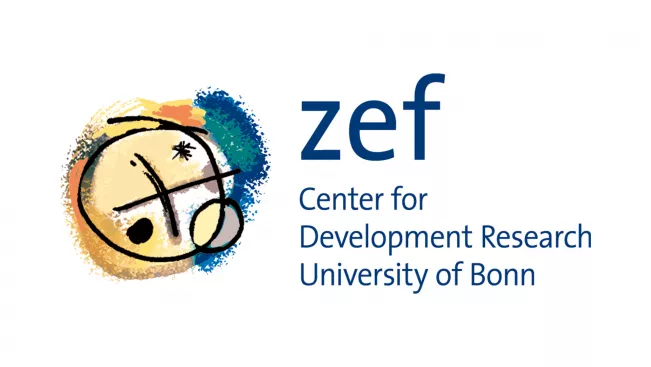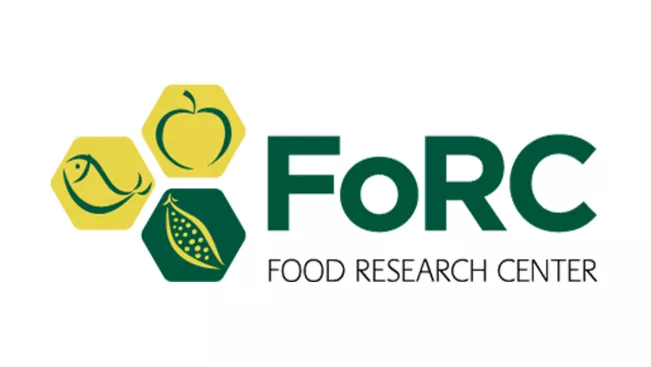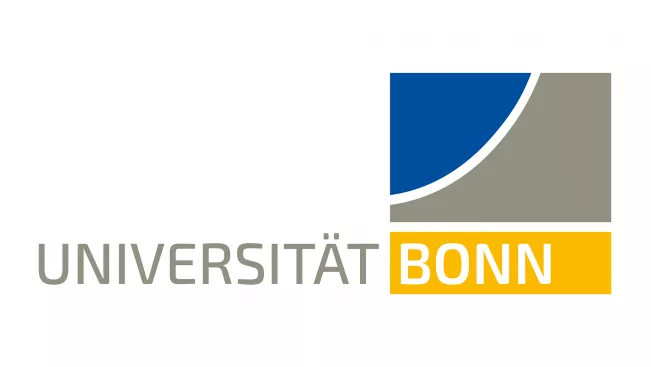One Health - A holistic approach to metropolitan regions Part 1
Research project at a glance
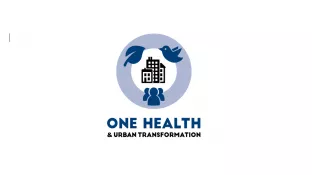
Departments and Instituts
Funding type
Period
01.07.2016 to 31.12.2020
Website
Project Description

The research consortium "One Health and Urban Transformation - Recognizing Risks and Developing Sustainable Solutions" is a graduate school funded by North Rhine-Westphalia’s Ministry of Innovation, Science and Research NRW.
It is coordinated by the Center for Development Research (ZEF) in cooperation with institutes of the University of Bonn, the Bonn-Rhein-Sieg University of Applied Sciences and the United Nations University (Institute for Environment and Human Security).
An interdisciplinary team of researchers supervises up to 13 doctoral students from different disciplines (including economics, public health, epidemiology, sociology, political science and ecology) to conduct research studies in metropolitan regions in four countries (Ruhr - Germany, Accra - Ghana, Ahmedabad - India and São Paolo - Brazil).
The PhD students will study the different dimensions and transformations of urban systems and their impacts on humans, animals, plants and the environment.
One Health embraces an integrative and interdisciplinary perspective of health, recognizing the connections between humans, animals and the environment.
The analysis of the interactions of different urban systems, their changes throughout the urban development process, and their impacts on human, animal, and plant health are close to the heart of the Graduate School. Recognition of the indirect and direct health effects of economic, industrial, agricultural, and urban development form the basis for developing sustainable solutions to maximize synergies, minimize trade-offs, and mitigate health risks.
The graduate school's interdisciplinary approach is to encourage students to look beyond their discipline to examine the influences and impacts of urban systems.
Prof. Dr. Katja Bender
Project management at the H-BRS for the area of risk management strategies and social capital
Prof. Dr. Wiltrud Terlau
Project management at the H-BRS for the areas of:
- Extreme weather events and peri-urban agriculture in Sao Paulo, Brazil
- Urban Green Spaces and One Health – Designing parks for human and wildlife health promotion in Sao Paulo, Brazil
- Urban Health Ecology and Biodiversity at the Animal-Human Health Nexus: Dynamics of Zoonoses in Urban and Peri-Urban Areas
- Territorial Governance for Food Sovereignty in São Paulo (Brazil)
Dr. Martin Hamer
Project management at the H-BRS for the area of Soil health + fertilization in Germany and India
